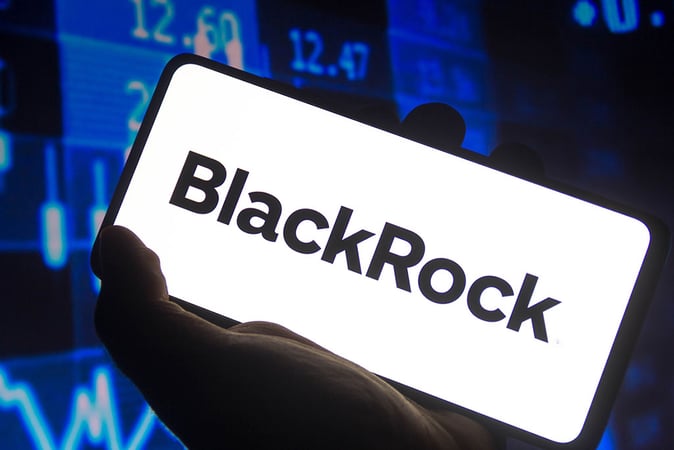The candidates have rapidly responded to the SEC’s feedback on their S-1 varieties, to prepared themselves for potential spot Bitcoin ETF approval.
Each VanEck and BlackRock have filed amended S-1 varieties for his or her spot Bitcoin ETF proposals after addressing current feedback from the US Securities and Change Fee (SEC). The Fee had set a Monday deadline for candidates to submit amended forms because the deadline for approval or rejection approaches.
After receiving the amended varieties, the SEC added feedback, which have been reportedly minor notes on the anticipated ETFs from the candidates. In keeping with stories, varieties now filed by candidates present a number of modifications, together with specifics on steps required if a counterparty or approved participant turns into bankrupt, noting a potential battle of curiosity. As well as, there have been statements of warning directed at potential traders, notifying them of potential impaired liquidity.
S-1 Varieties Could Not Delay SEC Spot Bitcoin ETF Approval
Whereas some famous that the SEC’s feedback could have been an attempt at delay tactics, others disagreed. In keeping with Fox Enterprise producer and journalist Eleanor Terret, the SEC may delay approvals if the members of the Fee train their rights underneath 17 C.F.R. Part 201.431, which permits them to request a overview and vote no matter approval by way of delegated authority.
For Bloomberg ETF analyst James Seyffart, the SEC’s current strikes could not point out a delay. Seyffart believes that the pace with which the SEC has reviewed filings and made feedback means that the Fee is fascinated with approving spot Bitcoin ETFs. Van Buren Capital Normal Associate Scott Johnsson additionally agrees with Seyffart. Johnsson added that fixing the small print of S-1 varieties could not have an effect on approval of 19b-4s.
Payment Constructions and Waivers
Current amendments to S-1 varieties spotlight charge buildings. For example, Bitwise is charging no charges for the primary 6 months, or till $1 billion in belongings, after which a 0.24% after. Ark/21Shares follows the identical development, however with 0.25% after the primary 6 months or $1 billion in belongings. For BlackRock, the charge is 0.2% for the primary 12 months or $5 billion in belongings, after which 0.3% after.
Final week, Galaxy and Constancy additionally revealed their charge buildings. Whereas Constancy’s charge is 0.39%, Galaxy/Invesco plans to waive the primary 6 months and cost 0.59% afterward. In keeping with Bloomberg ETF analyst Eric Balchunas, charge waivers could not imply a lot. In an X post, Balchunas defined that these waivers traditionally haven’t “moved [the] needle a lot” as a result of traders are normally in it for the long run. Consequently, traders are likely to focus extra on the common charges than charge waivers or the preliminary low figures.
Earlier than would-be issuers can provide their ETFs to the general public, the SEC should approve each 19b-4 and S-1 varieties. In easy phrases, the 19b-4 is for SEC approval, whereas the S-1 permits for the general public sale of the merchandise.
The SEC’s first deadline is Wednesday when it’s anticipated to determine on the ARK/21Shares. Speculations counsel that the Fee may approve a couple of ETF on the day as a substitute of focusing solely on ARK/21Shares.

